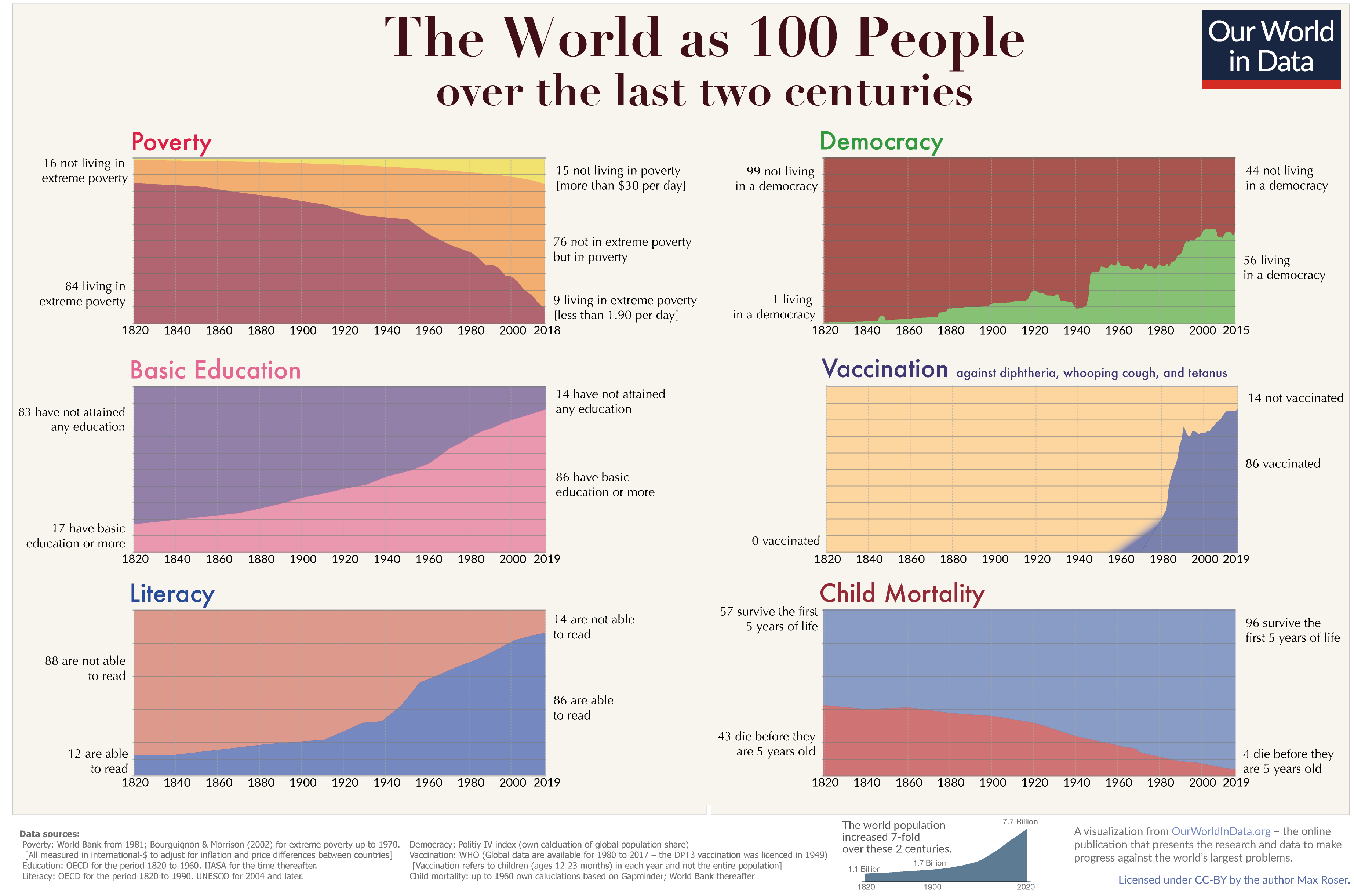

Interesting topic, but the article’s writing style is god-awful and a bit hard to get through.


Interesting topic, but the article’s writing style is god-awful and a bit hard to get through.


Mate, a good third of the countries on that list are currently suffering such brutal ethnic violence that it might be considered genocide. Close to half are riddled by islamic terrorism, usually directed towards ethnic minorites. At least two of them are in the middle of civil wars.


There’s a not insignificant chance that it’ll be the secured creditors’ company soon 😂


To be fair, this is how people tend to react to change, generally. I remember every time Facebook or YouTube did a site redesign in the early 2010s people were always up in arms.
Jake and Amir parodied this well in their “Facebook Redesign” episode.


On the other hand, Google/Apple Pay are both pretty great products that replace a horrendous legacy payments system. Recall that for like 40 years the most innovative consumer payment system looked like this. And it was essentially a duopoly as well (Visa/Mastercard).
At the end of the day, cash is still a thing as well.


I just don’t get it. While it’s eased up a bit, we’re still in one of the hottest labour markets of all time. If your job sucks that much, just quit.
I just don’t think that’s supported by the data though. On virtually every measure, living conditions have improved across the globe over the last century. You can pick out specific metrics where things are worse in specific countries (housing is the most obvious example where affordability has declined), but taken as a whole I just don’t see how you can draw any other conclusion.

Here’s a question in response: would China have seen such a huge reduction in povery if it didn’t offer cheap labour in the first place?
The main draw for foreign investment, capital inflow and trade, I would argue, was: (a) heavy investment in its stock of “hard” capital assets (i.e., great infrastructure); plus (b) an army of people willing to work for wages far lower than the countries making those investments (but generally higher than most of those people were making in agrarian sector).
This is arguably one of the most important (and complex) things for the world to understand well. There are billions more people around the world who haven’t been able to escape poverty whose futures really depend on getting these kinds of policies right.
Do you think poor wages around the globe is a recent phenomenon? In any event, something like a half a billion people have been lifted out of poverty in China since the 70’s when it opened its markets up. There were sure as hell some losers from that process too, but I don’t think the progress on that front is something to overlook.
If you’re being sincere, the quick and dirty argument is to place the Fraser Institute’s 2022 Index of Economic Freedom and The Economist’s 2023 livability index and put them side by side.
My grandparents worked 16+ hour days toiling away on a farm doing hard labour for like 60 years. They ate meat and potatoes for nearly every meal because grocery chains weren’t a thing for them (and they didn’t get a fridge until the 60s anyway). A bunch of their family members died of the Spanish Flu and other illnesses that we’ve since cured. That includes both my grandma’s parents when she was maybe 10. The highest-tech thing they owned until they were in probably their 50s was a 13-inch black and white TV that got like 2 channels with its bunny ears.
If you’re saying my biggest issue is that the house I bought cost double or triple than they would have paid in inflation-adjusted terms, I’d say I came out ahead.
I dunno man, my quality of life is like 10x better than my grandparents’ and 1000x better than maybe 8 generations ago, and I’d argue that’s mostly attributable to liberalised free markets.
I haven’t read either, but the following two are on my list:


Great cohesive argument.
I can link articles I found in 10 seconds on Google too:


I would argue that grammar is the most relevant bit; it’s the only thing separating the acceptable phrase from the unacceptable phrase, which are otherwise identical.


Quote the part of my comment I wrote that I am against the phrase.


Mate, you’re the one who’s arguing that all black people have the same opinion on this issue and purporting to speak on their collective behalf.


To be fair, I would bet that not all black people are cool with being called a “person of colour” either.


I was hopeful that we would have fewer low effort comments like this on Lemmy since I moved from Reddit.
There are probably ways to correlate the military test with a standardized IQ test, and which point the military test might be a rough proxy for IQ. If that was the case, the 80 IQ rule might be roughly accurate.
I don’t know if that’s been done though. Just playing devil’s advocate.